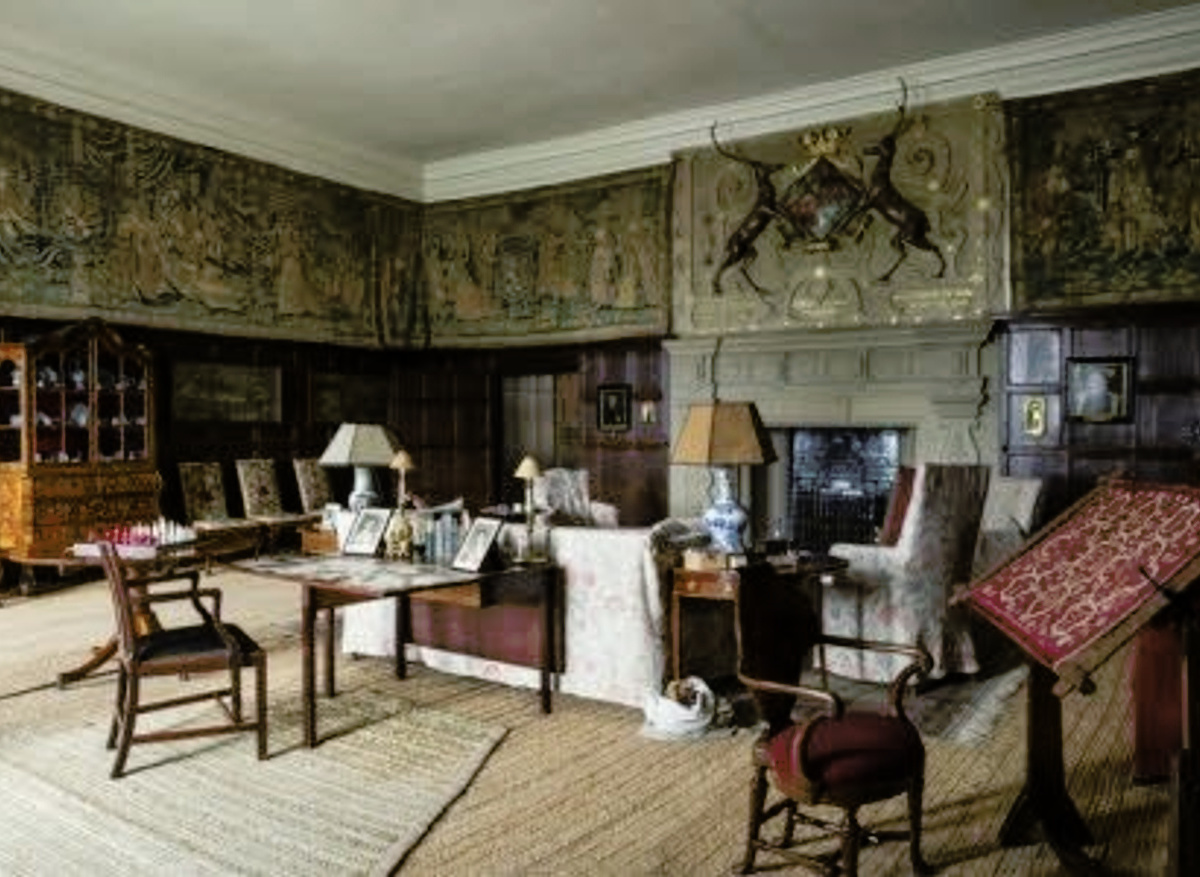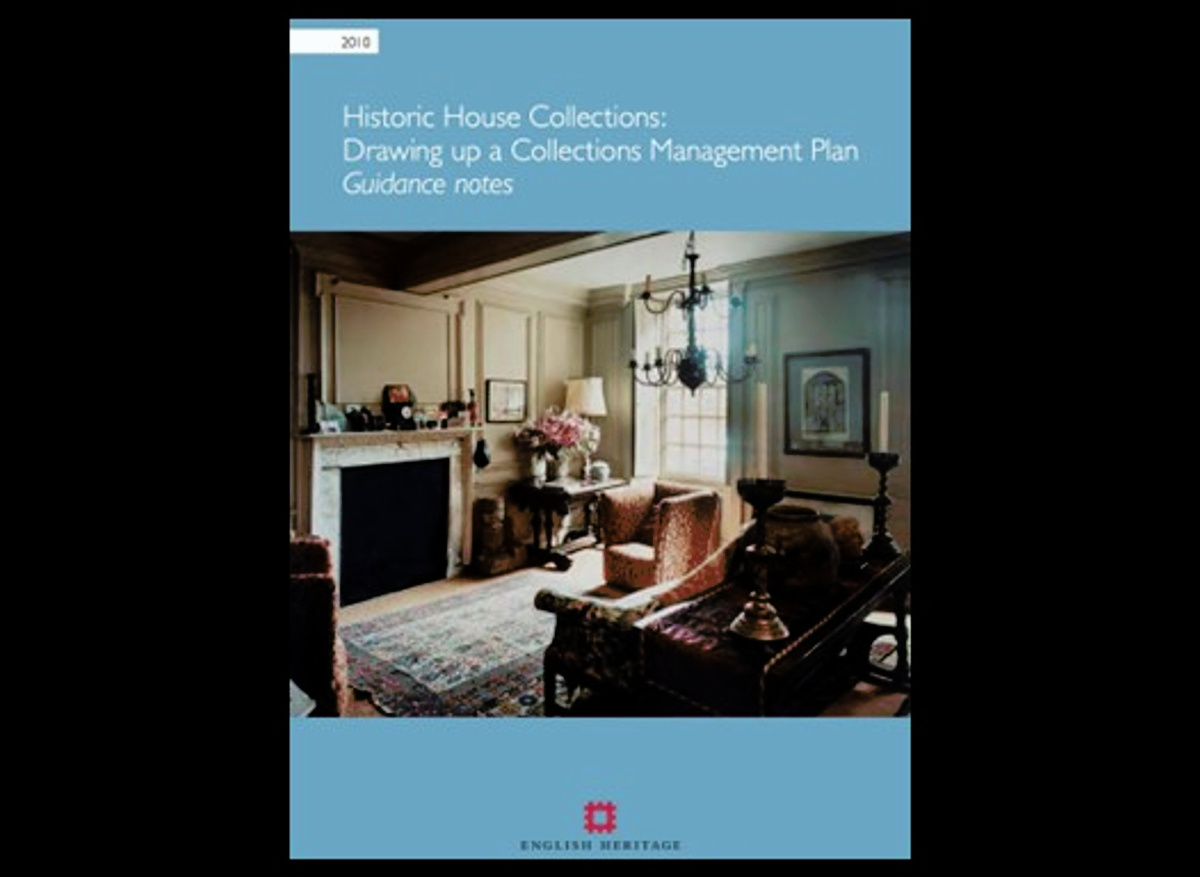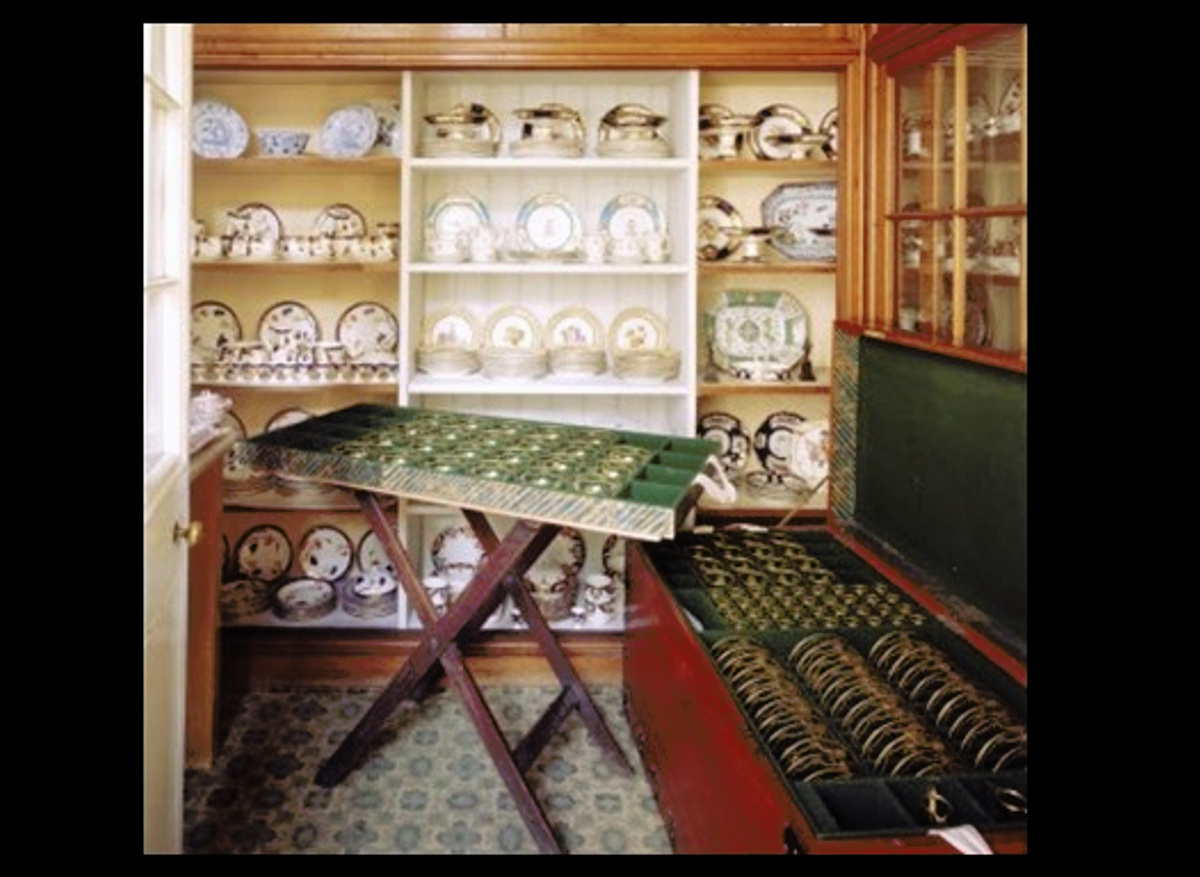I offer consultancy advice on managing historic interiors and collections in houses, churches and museums. To support use of interiors for a variety of purposes, I combine traditional practice with conservation science and professional standards, preserving the authenticity, significance and spirit of each place while enabling and sustaining visitor access. For historically associated objects, I write Collection Care Plans for the Heritage Exemption Scheme.
My approach is holistic, pragmatic and collaborative, providing practical guidance for non-specialists, and coordinating interactive training for diverse skills and needs. Working together, we can prevent damage during display, use and cleaning, adding surface protection where necessary. We can monitor and control the ten agents of deterioration: fire, flood, collapse, loss and dissociation, pollutants, insects and mould, light, humidity, temperature, wear and dust; and tailor housekeeping schedules to the needs of each space.
Trusted Conservators is a network of ICON accredited conservators with extensive experience of working for a wide range of heritage organisations and private clients. We share access to a network of heritage conservation associates and suppliers, offering technical analysis and other specialist services. Collectively we offer long experience of advocating for and improving the care of National Trust houses.
Collections Management and Care Plan for HMRC’s Heritage Exemption Scheme
Housekeeping and Guidance Training
Preventive Conservation and the Ten Agents of Deterioration
The Preventive Conservation Framework is a useful tool for assessing the condition of each building and its collections. It encourages a holistic approach to mitigating the ten agents of deterioration (fire, flood, collapse, loss and disassociation, physical wear and dust, insects and moulds, pollutants, light, humidity and temperature). Monitoring and effective control of the causes of damage help to shape plans for improving preventive conservation and housekeeping. Guidance includes regular cleaning routines, and schedules of intermittent tasks to be undertaken weekly, monthly, occasionally, annually or less often.
Storage and Protection
Ceramics and Glass Conservation Surveys
Biography
Helen Lloyd MBE FSA FIIC ACR
Client Testimonials
So many locations have benefitted from your knowledge, skills and guidance; your passion has inspired people to care immensely for the places they look after.
Former Colleague
National Trust
From direct advice to distant calming influence, your grace, patience and passion have been rewarding, helpful and inspiring… Thank you for all your help, support and words of wisdom on a vast array of subjects.
Former Colleague
National Trust





